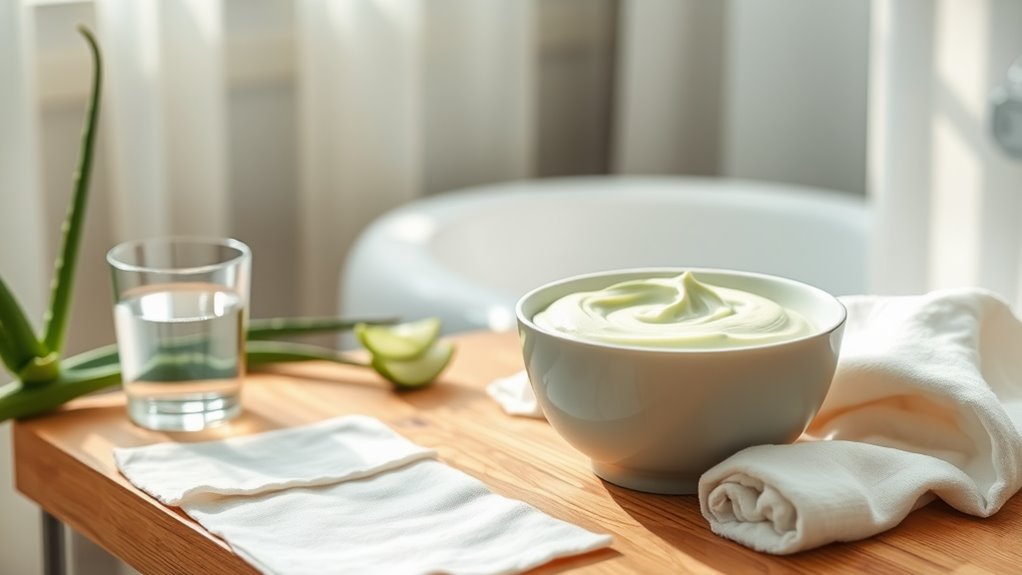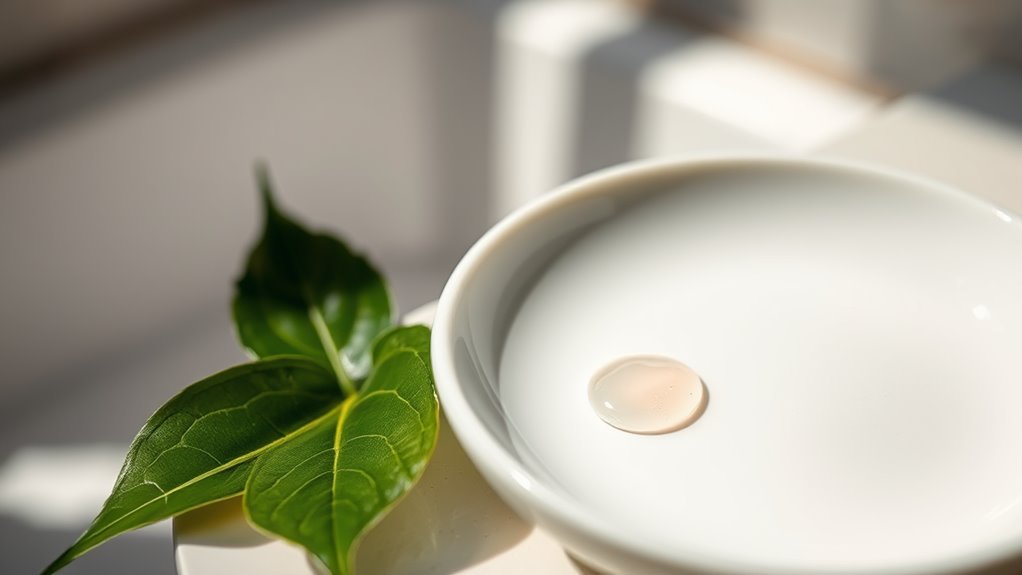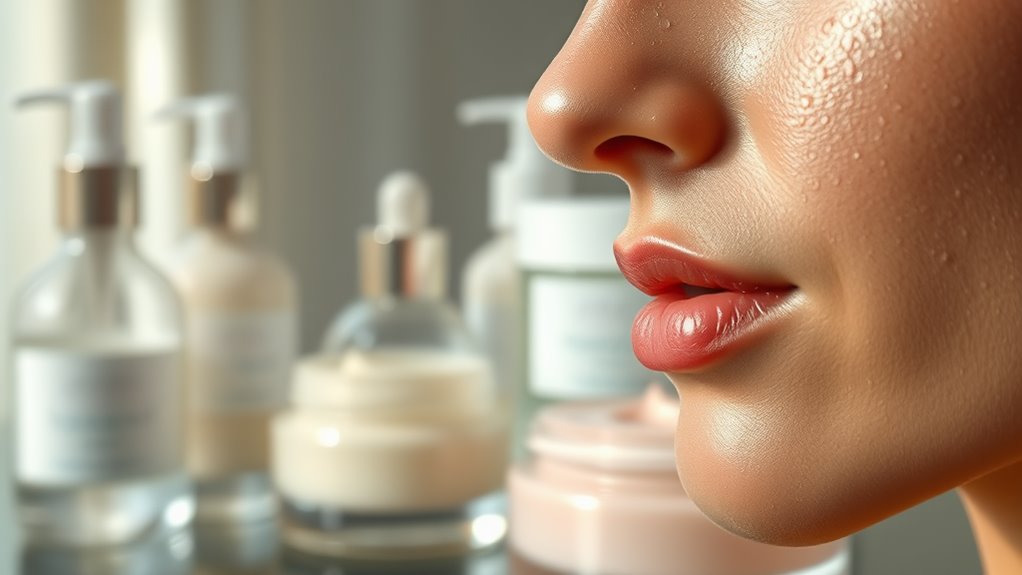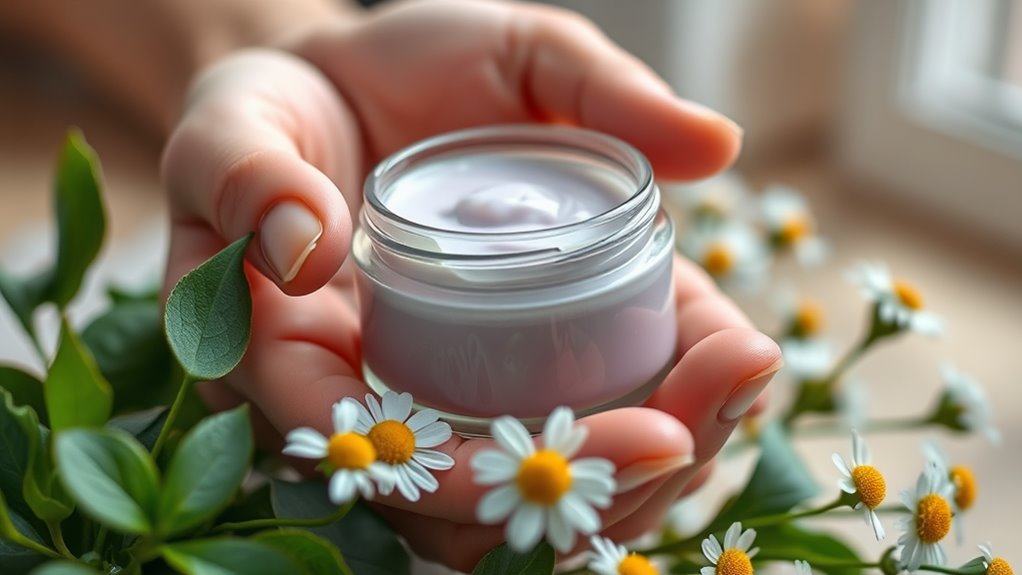How to Soothe Sensitive Skin After a Bad Reaction (Quick Tips!)
Dealing with sensitive skin after a bad reaction can be frustrating, but there are effective ways to calm it down. First, it’s essential to identify what triggered the irritation to prevent future occurrences. Then, gentle cleansing and soothing treatments can make a significant difference. Curious about the steps you should take next to restore your skin’s comfort? Let’s explore some practical tips that can help you get back on track.
Key Takeaways
- Identify the trigger of the reaction by keeping a skincare diary and consulting a dermatologist if necessary.
- Cleanse your skin gently with a mild, fragrance-free cleanser using lukewarm water, and pat dry with a soft towel.
- Apply a cool compress for 10-15 minutes to reduce redness and swelling effectively.
- Use soothing treatments like hydrating lotions with aloe vera or chamomile to calm the skin.
- Protect your skin from UV exposure with SPF 30+ sunscreen and wear protective clothing outdoors.
Soothe Sensitive Skin After Reactions
When your skin reacts negatively, it can feel overwhelming, but you can take steps to soothe it effectively. Start by identifying the trigger. Whether it’s a new product, an allergen, or environmental factors, knowing what caused the reaction is essential for prevention.
Once you’ve pinpointed the irritant, it’s time to focus on sensitive skin relief. Gently cleanse your face with a mild, fragrance-free cleanser. This helps remove any remaining irritants without aggravating your skin further.
After cleansing, apply a cool compress for immediate relief. This simple step can reduce redness and swelling. Keep it on for about 10 to 15 minutes, and you’ll likely notice a difference.
Next, consider using a soothing hydrating lotion or gel containing ingredients like aloe vera or chamomile. These natural elements have anti-inflammatory properties that can calm your skin and promote healing. Additionally, incorporating ceramides into your skincare routine can help restore your skin’s barrier function and prevent future irritation.
Avoid harsh exfoliants and products with alcohol, as these can exacerbate your skin’s sensitivity. Instead, opt for formulations specifically designed for sensitive skin. Look for labels that say “hypoallergenic” or “non-comedogenic.” Know your skin’s needs and choose wisely.
Stay hydrated by drinking plenty of water. Hydration plays a key role in skin health, helping your skin recover more quickly.
Finally, consider protecting your skin from the sun, as UV exposure can worsen irritation. Use a broad-spectrum sunscreen with at least SPF 30, and wear protective clothing when necessary.





